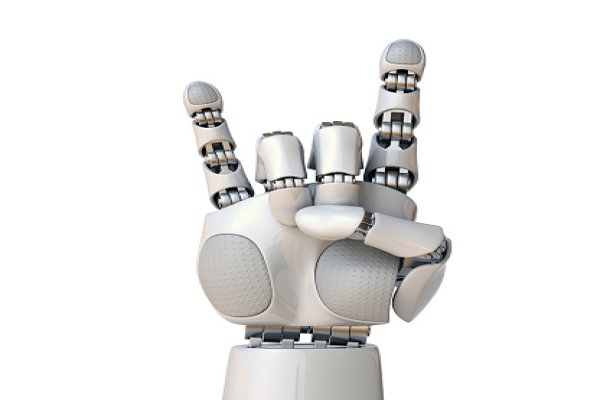Much attention has been paid to ChatGPT’s capacity to take tests and write research papers. However, the program effectively produces what could be kindly described as a reasonable facsimile of a logical piece.
Though there is a risk of straying into the current discussion about the decrease in humanities, it appears that no technology can substitute for critical thinking.
If you wanted ChatGPT to write a five-paragraph essay about bats—including information on what they are, where they live, and what they eat—it could do just that. However, it won’t be able to provide any analysis or commentary on more complex topics like the convoluted discourse surrounding the movie Everything Everywhere All at Once.
At its most successful, it will take pieces from existing criticism and shape them into a new combination. When asked about the reaction to EEAAO, for example, it might mention the film’s “politics,” “representation,” and “complexity,”–which is both an appropriate response and insufficient.
What is rarely discussed amid this current surge of A.I. enthusiasm is that, while it may be capable of replicating intellectual analysis, it’s ultimately just constructing a jumble of ideas from human sources.
A.I. programs still depend on the people who design them and those who generate the information they constantly analyze. Like search engines, these A.I. systems rely on humans for their operation.
Questions of ethics and philosophy must be addressed as we move forward with utilizing this technology more extensively.
ChatGPT can potentially be a vector for spreading misinformation, just like other forms of media that people interact with. Its neutral and clinical writing style creates an impression of objectivity not present elsewhere.
Despite the widespread fear of misinformation, this anxiety is exaggerated and cynical. It assumes that people are blindly accepting whatever they come across online; that all the malicious activities we have witnessed in recent years were caused by people being tricked. This idea provides comfort with its paternalistic attitude, but there is no proof to back it up.
While A.I. technology has made significant progress in recent years, it has limitations. It is important to acknowledge the potential challenges and ethical concerns associated with A.I. and work towards addressing them. Rather than dismissing A.I. as “dumb,” we should continue to explore its potential and work towards developing A.I. systems that align with our values and promote ethical principles.
Source: The New Republic



